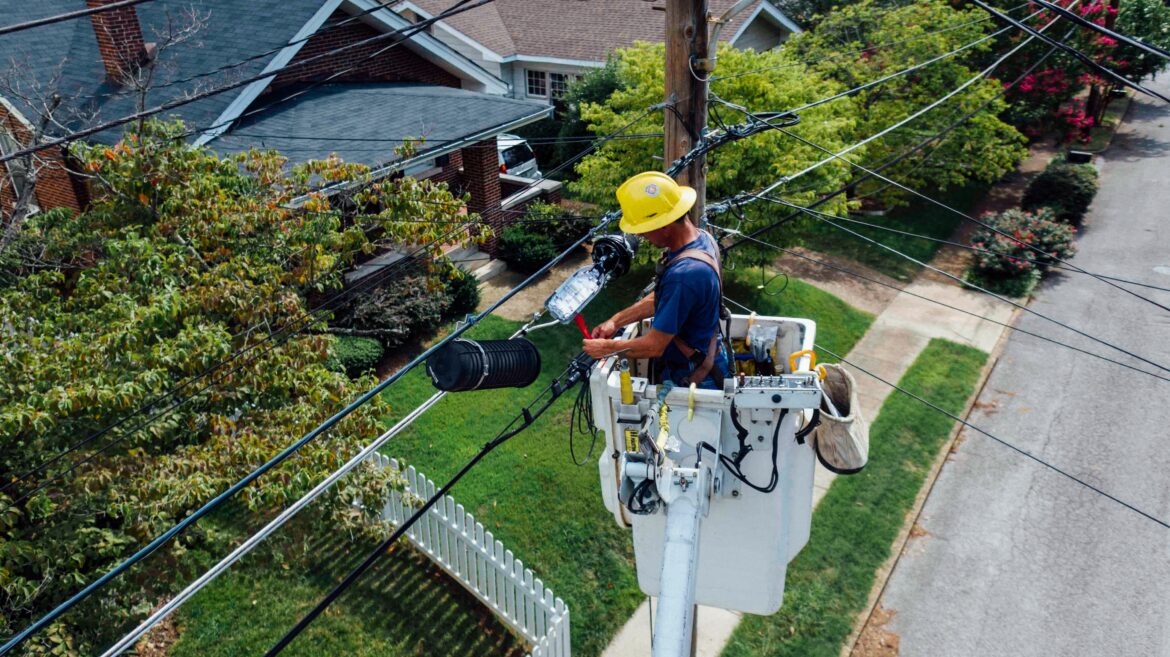In TCEA’s home state of Texas, a massive winter storm affected each the the state’s 254 counties last week. While rolling blackouts were expected, days-long, unplanned outages have occurred across the state. With roads impassable, many were stuck at home. Water utilities have also struggled without power, causing water service outages and boil water notices for millions, even as electricity, which most Texans use for both heat and cooking, remained off.
In the coming weeks and months, communities — and students — are likely to raise questions about how public works like water and electric actually operate. Luckily, there are a number of online resources for educators to explore these topics. In the process, students can build an understanding not only of their role as citizens, but about science, math, and engineering in particular, the STEM subjects.
Power to the People
How is electricity generated? Who controls it, and how does it get into our homes, appliances, and devices? There are a number of resources, lesson plans, and more for students at various grade levels to explore how electrical energy grids work. In this way, you can dive into math, physics, engineering, and more.
- Help students “create a visual that explains how electric power is produced and transmitted to our homes” with this activity from Better Lesson.
- Explore energy generation with middle grades students in this activity from Teaching Engineering.
- Dig into the policies behind electricity with this course curriculum from Penn State University.
- Check out this learning module from Science 4 Us for elementary grade students.
- Get an in-depth understanding of the electric grid with a wide variety of lessons, activities, and more from the University of Tennessee, Knoxville.
- Learn how students in Illinois are learning about smart grid technologies here.
- Energy can be generated in a number of ways. This page from the federal Department of Energy shares many resources for students to learn about nuclear energy in particular.
Water, Water Everywhere
How is water cleaned, pumped, and recycled? Are aquifers and other watersheds sustainable? Even more resources can be found on water systems, which touch on topics like biology, chemistry and physics, math and engineering, and more.
- While it’s designed for “high school history, government or economics class[es],” this one-day lesson from Stanford University helps secondary students investigate what a water main break is, how a community is affected by such an event, and some of the scientific and engineering principles behind it.
- The Water Environment Federation shares a number of resources that cover a broad range of topics, from water-related careers to wetlands to the basics of water science.
- The US Geological Survey has collected a large number of resources, including lessons on the water cycle, a civic simulation about water utilities, classroom posters, and more.
- Find secondary-level word games, activities, and resources from the US Environmental Protection Agency on this page from The Water Project.
- Check out this lesson plan on water sustainability for secondary students shared by Penn State.
- Younger students can benefit from these tips on water use and conservation.
- OCWA, the water authority for central New York State, shares a number of useful videos, packets, and more for teachers and students.
- You can find a long list of water system educator resources on this page from the Water Footprint Calculator website.
- Discover book recommendations and lesson plans from North Carolina’s Clean Water Education Partnership (CWEP) here.
Sustainable Systems
How will public utility systems operate in the future? How may these systems change and how will their operation be governed? A number of questions arise around STEAM and civics topics as we look into topics of sustainable resources use.
- The American Society of Landscape Architects Fund shares this collection titled Designing Our Future, dedicated to sharing resources from across the web. It is categorized by type (curricula, games, activities, and more), as well as grade level.
- The University of North Carolina is working to build the capacity of K-12 educators when it comes to energy. Learn more here.
- Teachers looking to explore engineering topics related to water and electric systems may enjoy the videos produced by the Practical Engineering YouTube channel.
Photo by Kelly Lacy from Pexels

